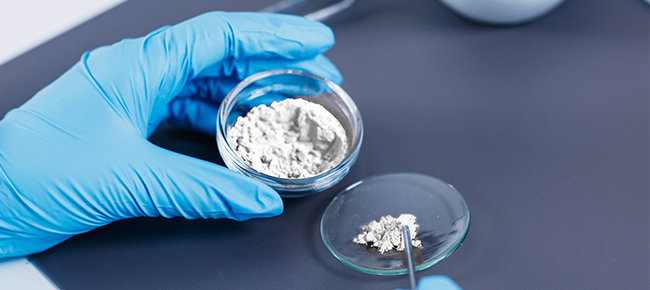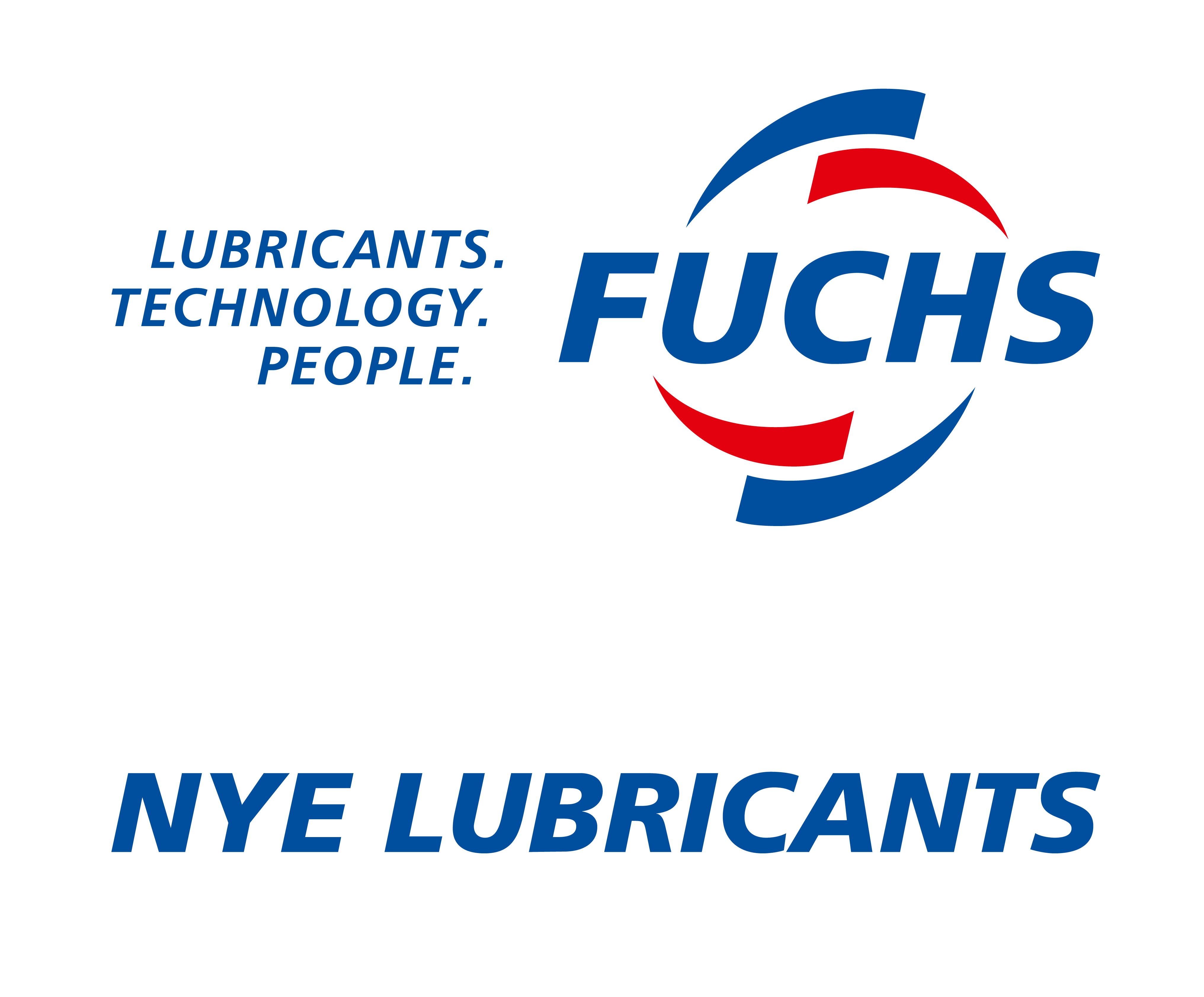Choosing the Right Grease Thickening System: Soap Thickeners
You may ask yourself why the selection of a grease thickener is so important to your application. First, let’s define what a grease thickener is. The NLGI grease guide states a thickener is “the solid particles which are relatively uniformly dispersed to form the structure of lubricating grease in which the liquid is held by surface tension and other physical forces.”

Historically, thickeners have been classified as soaps or non-soaps. Soap thickened greases consist of simple, mixed and complex soaps. Non-soaps are split into two main categories. The first group is comprised of thickeners that undergo a chemical reaction to form the thickener, such as calcium sulfonates and polyureas.The second group is a dispersion of particles in oil that includes silica, organo-clays, polytetrafluoroethylene (PTFE’s), and carbon black.
So, why is the selection of a grease thickener so important? A grease thickener can influence your grease’s operating temperature, load, speed, and material compatibility. Thus, it is key you determine which thickener is best suited for use in your specific application
There is a wide variety of soap greases to choose from and they all have different physical properties where the application requirements dictate which soap is best. The different types of soap thickeners include lithium 12-hydroxy stearate soaps, lithium stearate soaps, calcium soaps, sodium soaps and aluminum soaps. Simple metallic soaps are made by reacting the metallic alkali with a monobasic organic acid.

Lithium Soaps
Lithium 12-hydroxy stearate greases are the most widely used soap greases. Lithium soaps are very efficient thickeners. Lithium greases prepared from them have good lubricity, shear stability, thermal resistance (as measured by the “dropping point”, typically between 190-220°C), and relatively low oil separation. The oxidative resistance of lithium greases is generally improved with anti-oxidants. Lithium greases are traditionally used in automotive and industrial applications such as bearings.
Calcium Soaps
Greases prepared from calcium soaps have improved water resistance over the lithium greases and good shear stability. Calcium soap greases do not have good thermal resistance (dropping points range from 135-145°C) and are typically only used in applications that operate up to 110°C.
Sodium Soaps
Sodium soap greases have high dropping points (typically 175°C) but are generally limited to operating conditions not higher than 120°C due to poor oxidative stability and high oil bleed. They also don’t have good water resistance. Sodium soaps do provide good shear stability and lubricity.
Aluminum soaps
Aluminum soaps have excellent oxidation resistance and good water resistance. However, these greases have low thermal resistance (dropping point of only 110-115°C) but users limit its operating conditions to less than 80°C. When aluminum soap greases get too hot from bearing heated, they form stringy gels that cause sharp increases in torque and therefore additional work is required to turn a bearing.
Mixed soap greases were developed to improve the short comings of individual simple soap greases. The most common mixed soap grease is lithium/calcium as the lithium will improve the high temperature resistance of the resulting grease while the calcium improves the water washout and cost. The combination of sodium/calcium has also been used where the calcium improves the water resistance without lowering the operating temperature of the grease too much. The calcium will also shorten and smooth the coarse fibers of the sodium soap.
Lastly, there are the complex soaps which are formed by reacting the alkali with a blend of a monobasic acid and a dibasic acid. Complex greases typically give you improved temperature resistance and can handle applications where there are short temperature excursions up to 175°C; higher is possible provided that the base oil used is stable at that temperature. The heat resistance of a grease can be measured by a temperature sweep test using a controlled stress rheometer. In this test, a simple soap grease will lose its structure as the temperature approaches that of its dropping point. However, a good complex will have a significantly more stable structure and as the temperature approaches 300°C may not show an apparent loss of structure.
The chart below summarizes the key characteristics of each thickener we have discussed. In addition, you'll find a list of applications where these thickeners have been successful.
| Thickener | Key Characteristics | Applications |
|---|---|---|
| Lithium Soaps | Good lubricity, shear stability, thermal resistance, low oil separation | Bearings in automotive and industrial |
|
Calcium Soaps |
Improved water resistance over the lithium greases, good shear stability | Used in applications that operate up to 110°C, bearings of water pump, wheel bearings, and agricultural vehicles |
| Sodium Soaps | High dropping points (typically 175°C), good shear stability and lubricity | Bearings in aerospace, wheel bearings, universal joints, and axle journal boxes |
| Aluminum Soaps | Excellent oxidation resistance, good water resistance | Vibrating screens, elevator drive motors and governors where reversing motion occurs, and large electric motors with bearings operating at high linear speeds |
Nye formulation engineers understand the complex range of characteristics associated with grease thickeners and carefully formulate the proper thickener for your applications. Don't miss our next Lubeletter where the various non-soap thickeners used to formulate Nye's greases will be featured.


